Vitamin A is an essential vitamin that helps keep your immune system healthy and protects your vision. It’s also needed to maintain healthy skin, teeth, and bones. In rare cases, too much vitamin A can be dangerous. This is everything you need to know about vitamin A toxicity.
What is Vitamin A? Why do we need it in our diet?
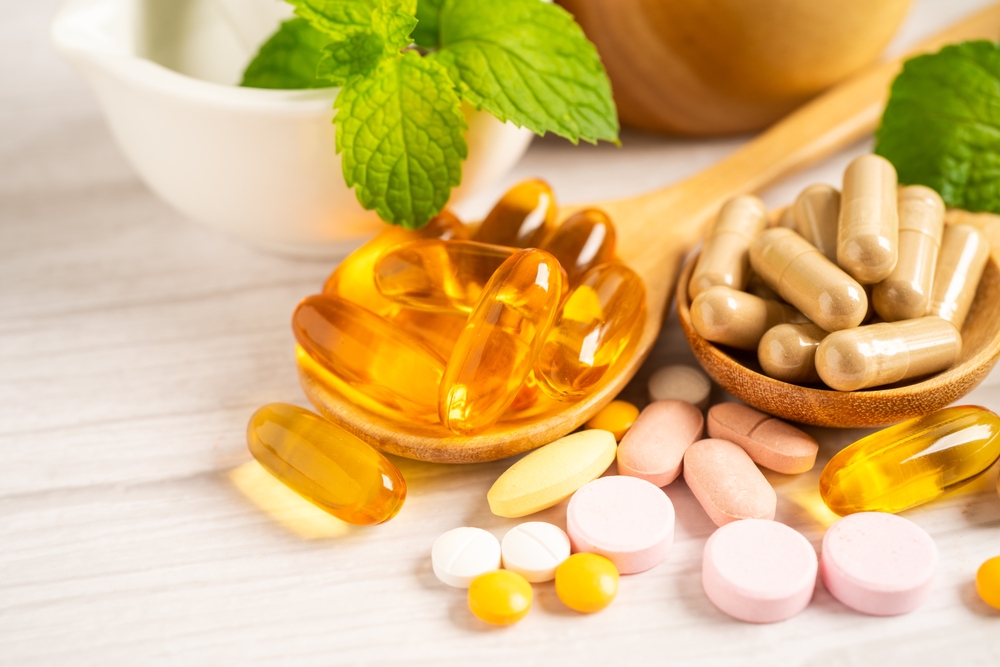
Vitamin A is a fat-soluble vitamin that helps keep your immune system healthy and protects your vision. It’s also needed to maintain healthy skin, teeth, and bones. Vitamin A plays an important role in the production of (1):
- sex hormones (estrogen and testosterone)
- red blood cells
- white blood cells
- mucus membranes in the nose, mouth, throat and lungs (allowing us to breath properly)
- bone growth
- reproduction (including female fertility)
- vision (especially night vision) and eye health
Because it is fat soluble, vitamin A toxicity is possible. This normally occurs with vitamin A supplementation, because it is quite difficult to consume that much vitamin A through food. Vitamin A toxicity can be quite dangerous.
Read More: This is the #1 vitamin kids aren’t getting enough of, according to Dietician
Acute Vitamin A Toxicity Vs. Chronic

Acute Vitamin A toxicity is a serious condition that can occur when someone consumes too much vitamin A over a short period of time. This type of toxicity occurs with supplements and not with food. Chronic Vitamin A toxicity, on the other hand, is caused by long-term consumption of large amounts of vitamin A over an extended period of time. Each of these comes with its own set of symptoms. (2)
Symptoms of acute vitamin A toxicity include:

- drowsiness
- irritability
- abdominal pain
- nausea
- vomiting
- increased pressure on the brain
Symptoms of chronic vitamin A toxicity include:

- blurry vision or other vision changes
- swelling of the bones
- bone pain
- poor appetite
- dizziness
- nausea and vomiting
- sensitivity to sunlight
- dry, rough skin
- itchy or peeling skin
- cracked fingernails
- skin cracks at the corners of your mouth
- mouth ulcers
- yellowed skin (jaundice)
- hair loss
- respiratory infection
- confusion
In infants and children, vitamin A toxicity can present itself a bit differently. The symptoms may also include:

- softening of the skull bone
- bulging of the soft spot on the top of an infant’s skull (fontanel)
- double vision
- bulging eyeballs
- inability to gain weight
- coma
If a pregnant woman or a woman about to be pregnant has vitamin A toxicity, it can result in defects of the baby. Pregnant women should even avoid using topical retinol creams and serums, which can be quite high in vitamin A. (3)
If toxicity persists, it can eventually lead to liver damage, osteoporosis, excessive calcium buildup in the body, and kidney damage because of that excess calcium.
The Impact on the Liver
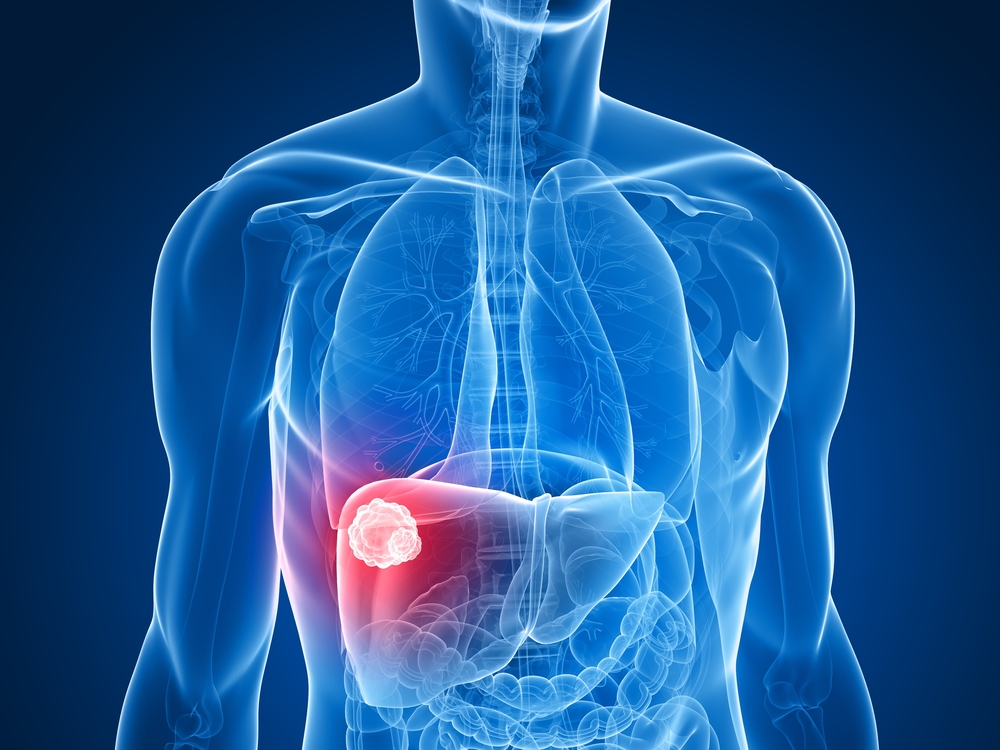
One of the most significant impacts of vitamin A overdose is on the liver. The liver is responsible for processing and metabolizing many substances in the body, including vitamin A. However, when there is an excessive amount of vitamin A in the body, it can accumulate in the liver, leading to liver damage.
Excessive intake of vitamin A can cause a condition called acute hepatic toxicity. This condition is characterized by inflammation and damage to the liver cells, leading to the release of liver enzymes into the bloodstream. If left untreated, this can lead to liver failure, which can be life-threatening.
Chronic hypervitaminosis A can also cause liver damage. This condition is characterized by the accumulation of vitamin A in the liver over a long period, leading to fibrosis and scarring of the liver. This can cause liver dysfunction, leading to symptoms such as fatigue, jaundice, and ascites.
Signs of impaired liver function due to excess vitamin A
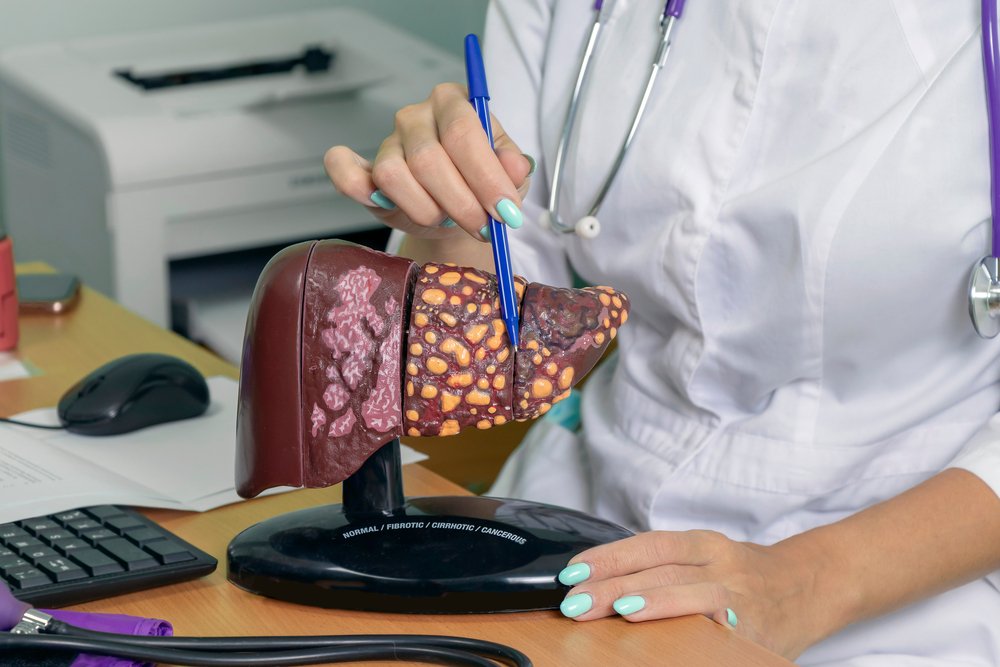
- Jaundice: Jaundice is a condition in which the skin and whites of the eyes turn yellow. This is caused by the buildup of bilirubin, a waste product produced by the liver. Excessive intake of vitamin A can cause liver damage, leading to the buildup of bilirubin and jaundice.
- Abdominal pain: Abdominal pain is a common symptom of liver disease. It can be caused by inflammation of the liver or by the buildup of toxins in the liver due to impaired liver function. Excessive intake of vitamin A can cause liver damage and lead to abdominal pain.
- Fatigue: Fatigue is a common symptom of liver disease. It can be caused by impaired liver function, which can lead to a buildup of toxins in the body. Excessive intake of vitamin A can cause liver damage, leading to fatigue.
- Ascites: Ascites is a condition in which fluid accumulates in the abdomen. It is a common complication of liver disease and can be caused by impaired liver function. Excessive intake of vitamin A can cause liver damage and lead to ascites.
- Itching: Itching is a common symptom of liver disease. It can be caused by the buildup of toxins in the body or by the inflammation of the liver. Excessive intake of vitamin A can cause liver damage, leading to itching.
- Enlarged liver: An enlarged liver is a common symptom of liver disease. It can be caused by inflammation or damage to the liver cells. Excessive intake of vitamin A can cause liver damage, leading to an enlarged liver.
- Nausea and vomiting: Nausea and vomiting are common symptoms of liver disease. They can be caused by inflammation or damage to the liver cells. Excessive intake of vitamin A can cause liver damage, leading to nausea and vomiting.
Read More: Panic attacks and anxiety are linked to certain vitamin and mineral deficiencies
How To Avoid Vitamin A Toxicity
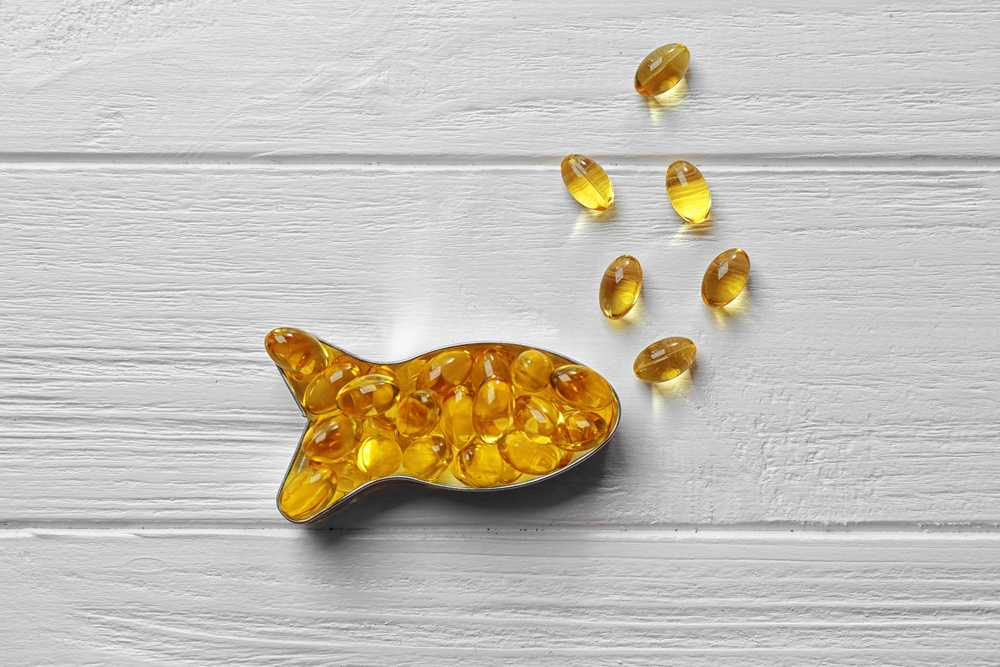
The most common way to avoid vitamin A toxicity is by not taking large doses of vitamin A supplements. It’s also important to make sure that you get your daily amounts of vitamin A from foods, rather than from supplements. Foods high in vitamin A include:
- Cod liver oil
- Cantaloupe
- Carrots
- Sweet potatoes and yams
- Spinach
- Broccoli
- Kale
- Romaine lettuce
- Cauliflower
Consult your healthcare provider if you think for some reason you need more vitamin A in your diet. They can likely advise you how to do so with food rather than supplements. If supplementation is necessary, they will help you do so in a safe way. As already mentioned, if you are pregnant or trying to become pregnant, you should avoid vitamin A supplements and vitamin A containing products for the safety of your baby. If you think you might have vitamin A toxicity, either acute or chronic, go see your healthcare provider. They will make sure that you get the care you need.
Maintenance of the liver
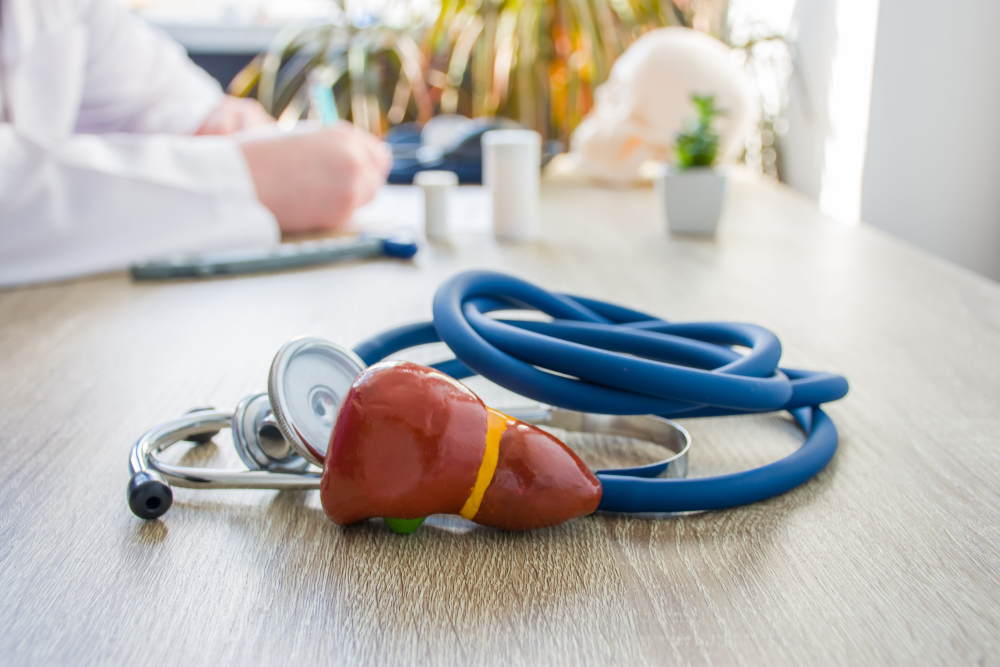
The liver is a vital organ responsible for filtering out toxins and waste products from the bloodstream, metabolizing drugs, producing bile for digestion, and storing nutrients. Some potential benefits of maintaining a healthy liver through proper nutrition, exercise, supplementation and avoidance of excessive alcohol and drug consumption include:
- Improved liver function: A healthy liver can more efficiently filter out toxins and waste products, metabolize drugs, and regulate hormone levels.
- Enhanced digestion: The liver produces bile, which is crucial for breaking down fats and absorbing fat-soluble vitamins. A healthy liver ensures optimal bile production and secretion.
- Better nutrient absorption: A well-functioning liver can store and release vitamins and minerals more effectively, promoting overall health and wellness.
- Increased energy levels: When the liver is working optimally, it can break down and store energy more efficiently, leading to increased energy levels and reduced fatigue.
- Boosted immune system: The liver plays a role in the immune system by identifying and eliminating harmful substances, as well as producing proteins that help fight infections.
- Weight management: A healthy liver can improve metabolism, which may aid in weight management efforts.
- Prevention of liver diseases: Maintaining a healthy liver can help prevent the development of liver-related diseases, such as fatty liver disease, cirrhosis, and hepatitis.
Supporting both Phase 1 and Phase 2 liver detoxification processes is essential for maintaining a healthy liver and overall well-being.
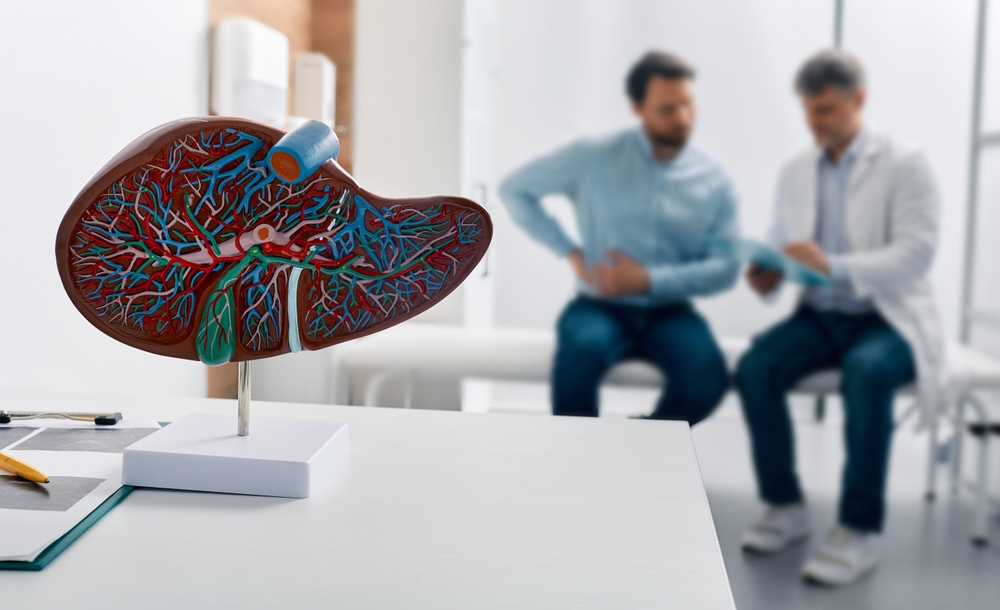
Phase 1 and Phase 2 liver detoxification are two major processes involved in the liver’s role in metabolizing and eliminating toxins and other harmful substances from the body. These processes are essential for maintaining overall health and preventing the buildup of harmful substances in the body.
Phase 1 detoxification (Oxidation, Reduction, and Hydrolysis):
During Phase 1, the liver uses a group of enzymes known as the cytochrome P450 enzyme system (CYP450) to transform toxic substances into less harmful ones. This process involves oxidation, reduction, and hydrolysis reactions that make the toxins more polar, and therefore more water-soluble. However, the products of Phase 1 detoxification can sometimes be more reactive and potentially harmful than the original substances. This is where Phase 2 detoxification comes into play.
Phase 2 detoxification (Conjugation):
In Phase 2, the liver uses a process called conjugation to further neutralize the potentially harmful products of Phase 1. During conjugation, various enzymes attach specific molecules (such as glutathione, sulfate, or amino acids) to the Phase 1 products, making them less reactive and even more water-soluble. This process helps prepare the substances for safe excretion from the body, primarily through urine or bile.
Read More: Vitamin D May Lower Your Risk of Alzheimer’s According to New Study
The ingredients and their benefits:
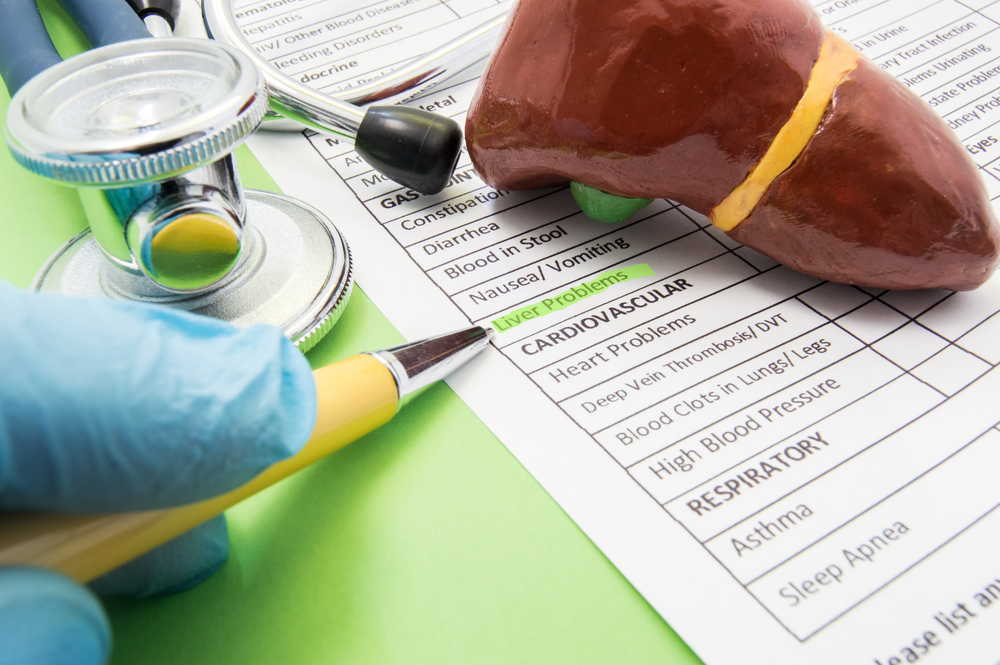
We recommend Healthology LIV – GREAT LIVER FORMULA from The Health Shop. LIV-GREAT provides the liver with daily support by boosting it, helping protect it from damage, and supporting Phase 1 and Phase 2 liver detoxification.
Milk Thistle Seed (Silybum marianum) 20:1 Extract 50% Silymarin
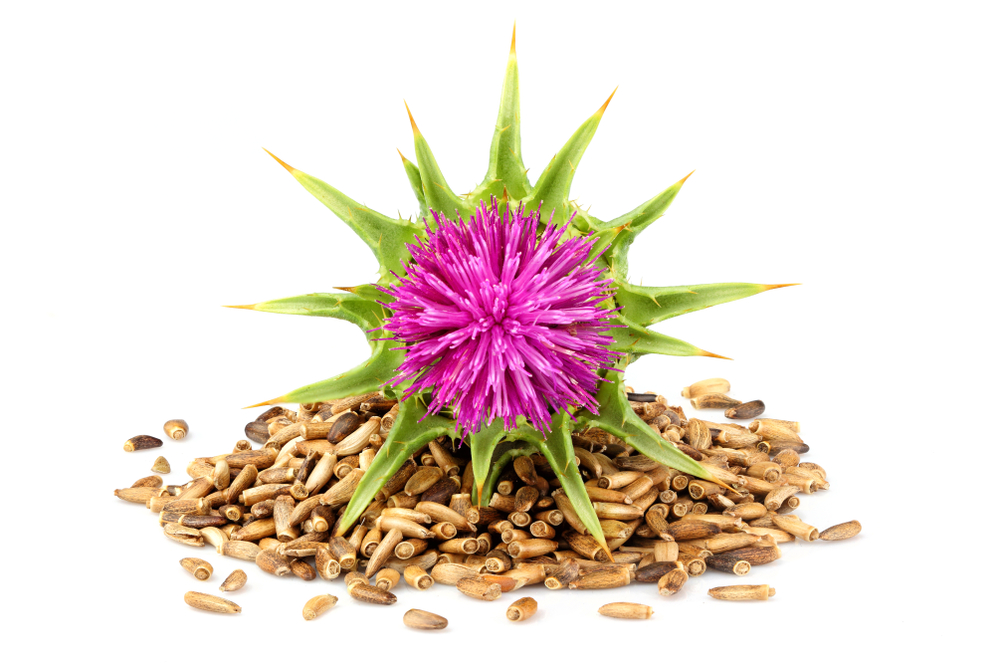
- Protects the liver from damage by preventing toxins from binding to liver tissue3.
- Boosts Phase 1 detoxification, resulting in improved liver markers on lab testing3.
- Antioxidant that heals and protects the liver from damage caused by oxidation3.
N-Acetyl-L-Cysteine
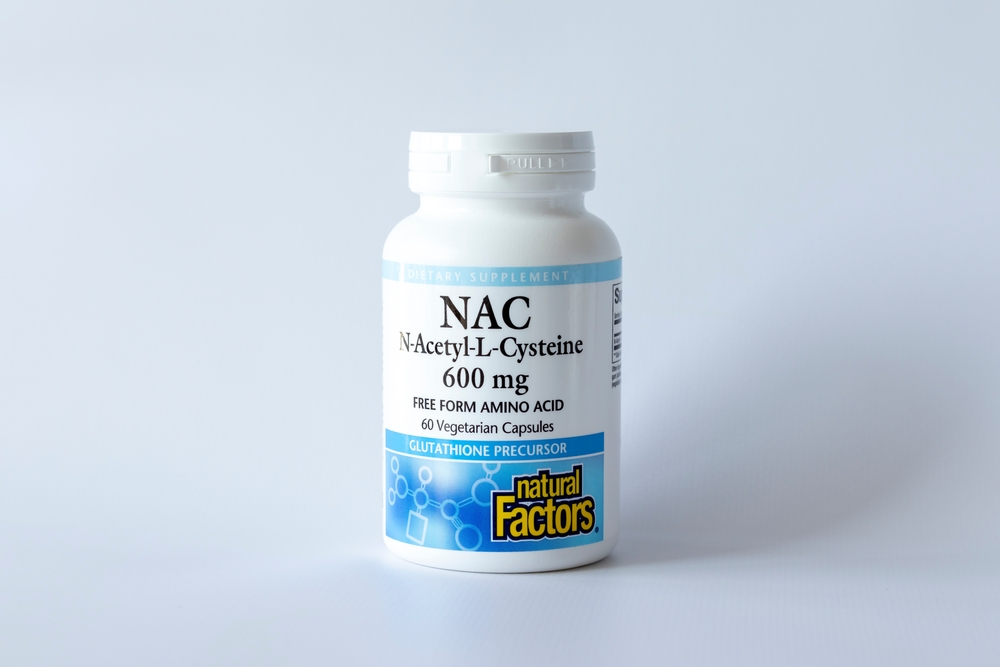
- Increases levels of glutathione in the liver, which is one of the most important factors in Phase 2 detoxification4.
- Significantly improves the function of liver resulting in improved liver enzyme parameters on lab testing4.
- Antioxidant that heals and protects the liver from damage caused by oxidation5.
DL-Alpha Lipoic Acid
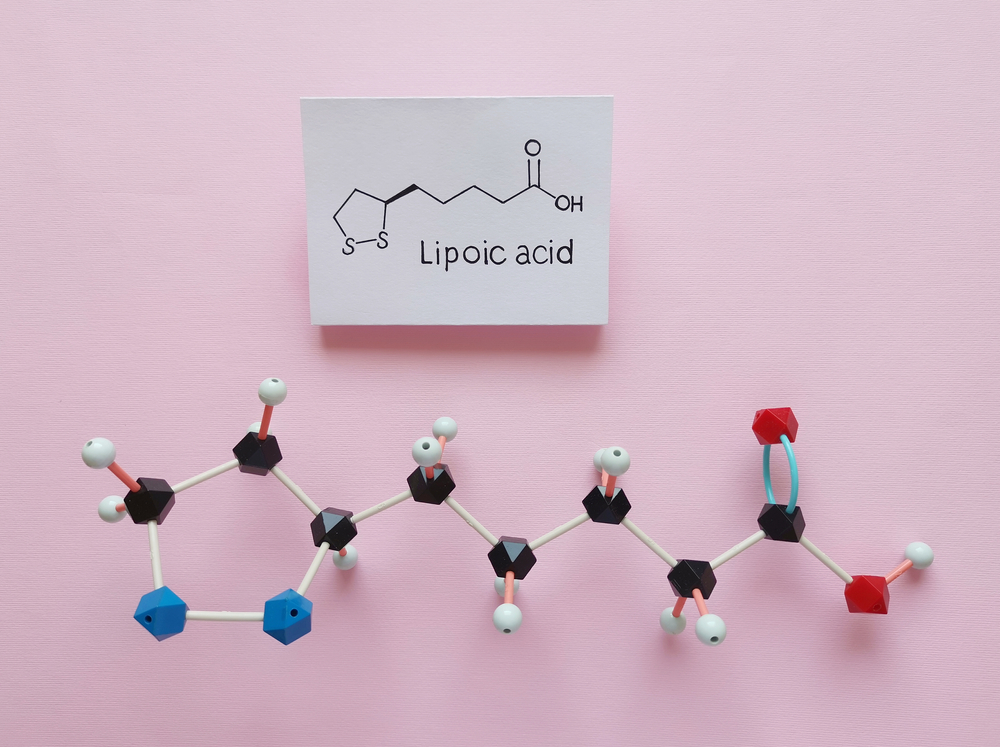
- Enhances liver function through boosting Phase 2 detoxification6.
- Antioxidant that heals and protects the liver from damage caused by oxidation6.
- DL is an easily absorbed and biologically active form of the nutrient.
Garlic Bulb (Allium sativum) 4:1 Extract
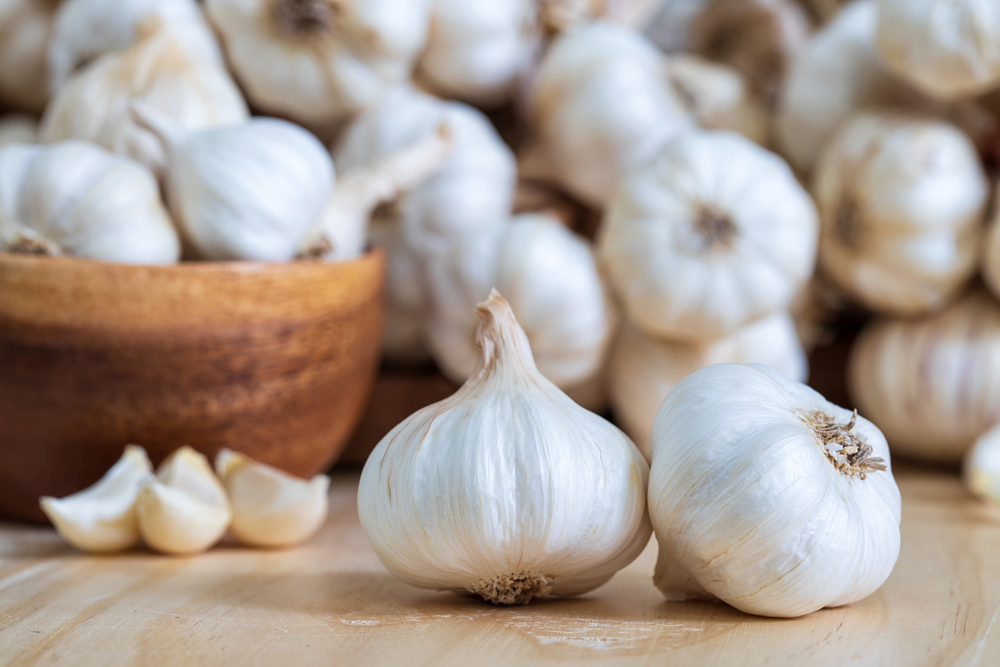
- Source of sulphur required for Phase 2 detoxification.
- Reduces fat accumulation in liver cells to support a healthy structure of the liver, thereby improving liver function7.
- Improves cholesterol and helps to balance blood sugar levels8.
Artichoke Leaf (Cynara scolymus) 4:1 Extract

- Protects liver cells from damage through its antioxidant activity9.
- Improves liver function by boosting liver enzyme activity and improving detoxification pathways9.
Dandelion Root (Taraxacum officinale) 4:1 Extract

- Increases the flow of bile from the liver, which promotes the elimination of toxins and lowers cholesterol10.
- Anti-inflammatory and antioxidant to heal the liver and protect it from damage10,11.
Selenium (Selenomethionine)
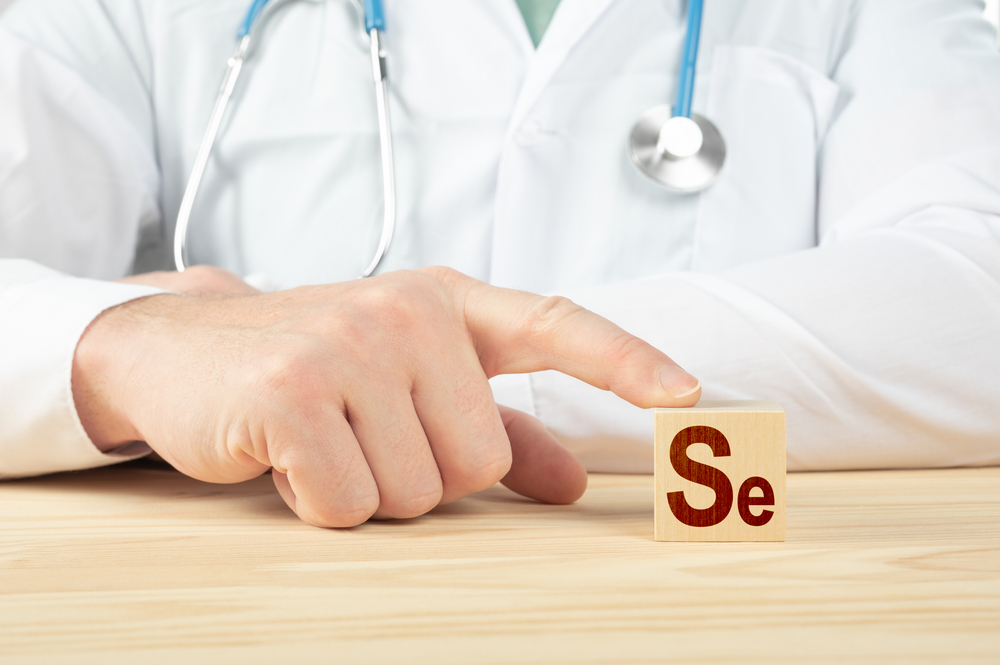
- Supports Phase 2 detoxification by increasing the activity of our most important detoxifier, glutathione12.
Curcumin (Curcuma longa – rhizome)
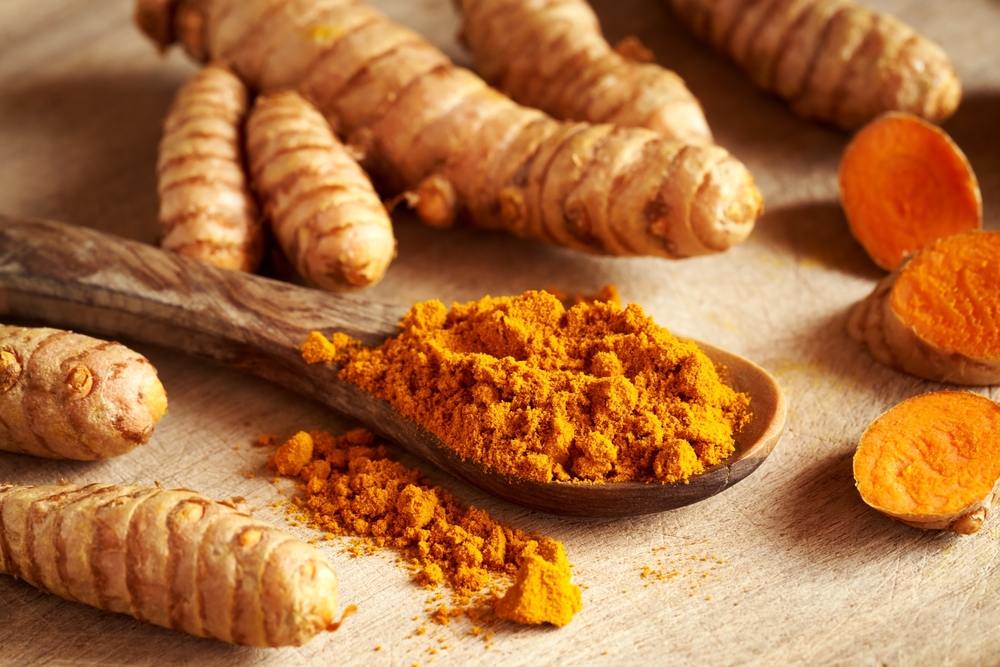
- Boosts Phase 2 detoxification through increasing liver enzyme function and glutathione activity13.
- Anti-inflammatory and antioxidant to heal the liver and protect it from damage14.
Phyllanthus amarus – whole plant, 8:1 Extract
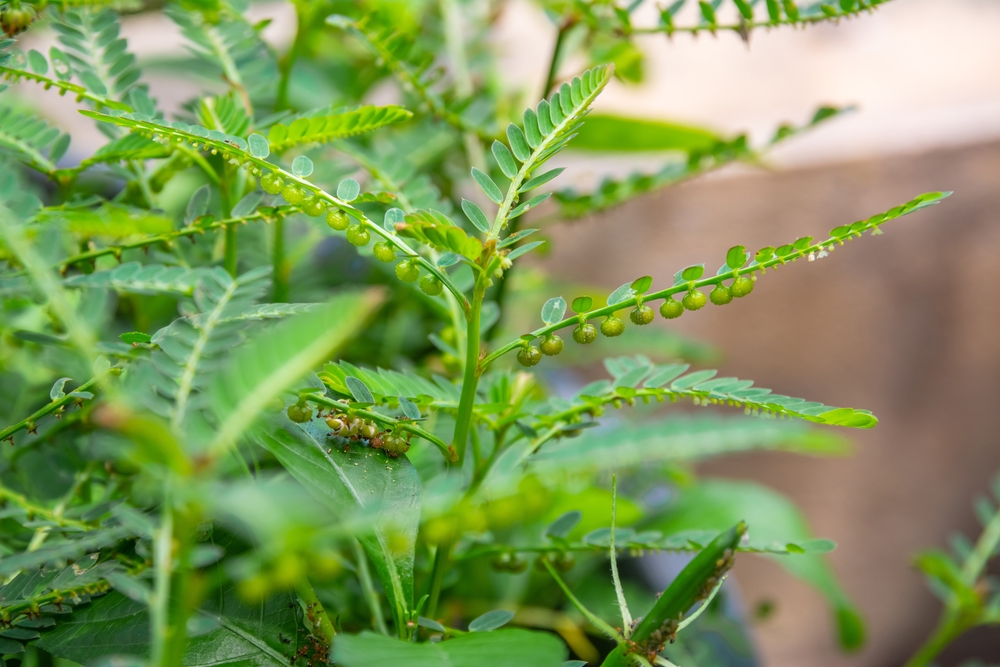
- Assists with proliferation of liver cells, helping it to heal from damage15.
- Anti-inflammatory and antioxidant activity that heals and protect the liver from damage16.
Grab your 60 Day Supply of Healthology LIV – GREAT LIVER FORMULA from The Health Shop
Read More: Chest Pain May Be a Symptom of a Common Vitamin Deficiency
Sources
- “Hypervitaminosis A.” Healthline. Ann Pietrangelo. September 29, 2018
- “Vitamin A toxicity is rare, but taking supplements increases your chance of developing it.” Insider. Ava English. September 24, 2020.
- “Vitamin A Toxicity.” NCBI. Jazmine M. Olson, Muhammad Atif Ameer and Amandeep Goyal. August 8, 2022.

